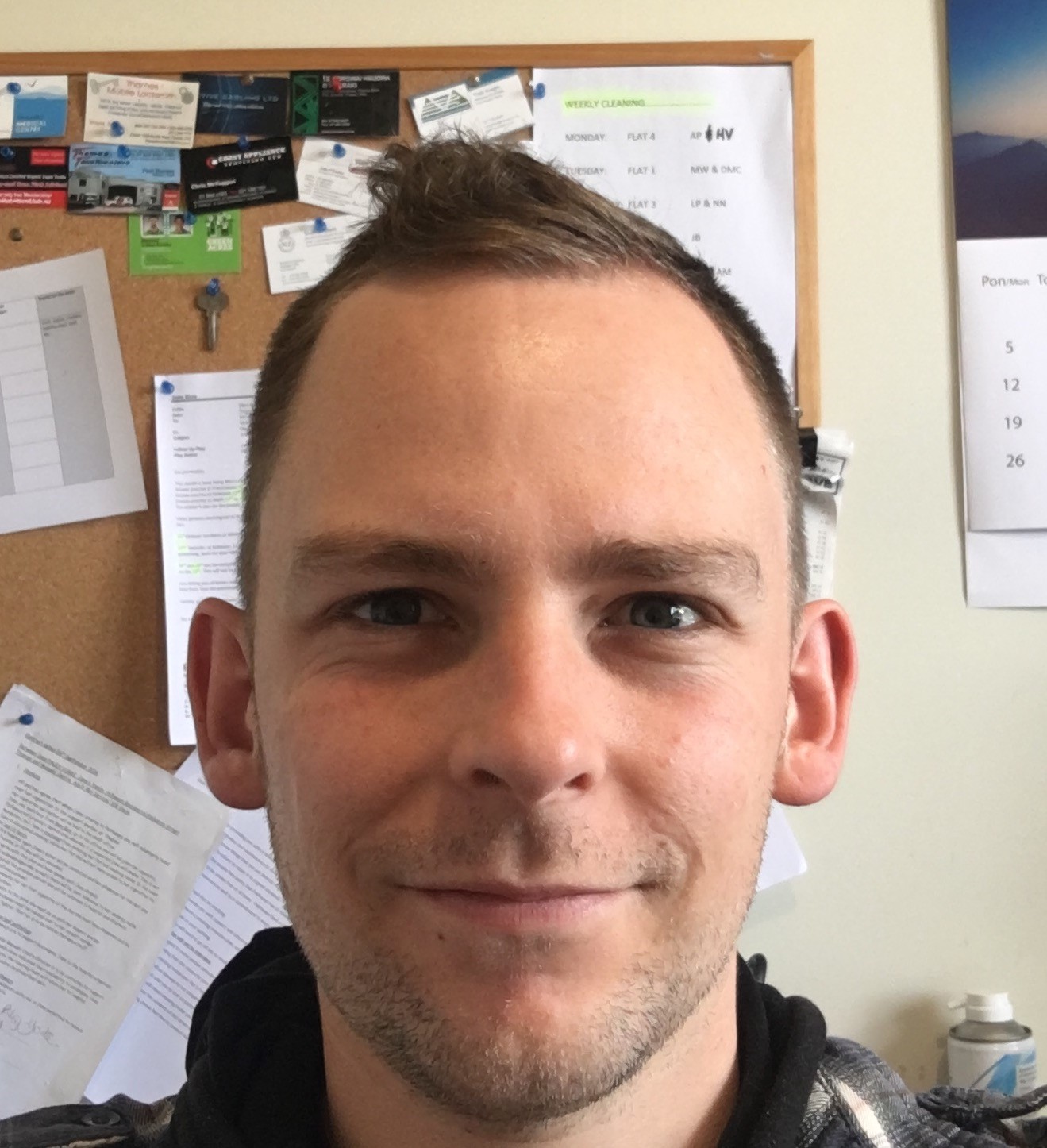“I think if I hadn’t actually been doing a reflective diary I wouldn’t have had the same internal change. I may have got the same result, but I wouldn’t have grown as much as a person in my practice,” shares Tyler Chapman.
A support worker for Pathways in Thames, Tyler recently completed an apprenticeship in mental health and addiction support with industry training organisation, Careerforce. He has been in the role with Pathways for two and a half years and shares that he was drawn to the industry from his own experience as a consumer.
“For the past 15 years I’ve had a mental health diagnosis. I’ve done my own recovery and I would love to be able to share some of that, supporting other people’s journey on their path to recovery.”
Many people find that learning from experience is best. Self-reflection is a significant part of the apprenticeship programme that Tyler completed. Apprentices are asked to document their reflections as they support two clients in achieving their intended outcomes for three months. Self-reflection help them make sense of situations at work, so that they can understand what they did well and what they could do better in the future.
Tyler and his apprenticeship advisor agreed on the expectations. He chose the Gibb’s Reflective Cycle and made two entries per week in the diary. This model encourages people to think systematically about the phases of an activity or experience.
It encourages you to reflect on:
- What happened?
- What were you thinking and feeling?
- What was good and bad in the experience?
- What sense can you make of the situation?
- What else could you have done?
- If it arose again, what would you do?
Gibbs G (1988) Learning by Doing: A guide to teaching and learning methods.
https://www.brookes.ac.uk/students/upgrade/study-skills/reflective-writing-gibbs/
“I thought it might be nice to have an entry at the start of the week and at the end. Then I can gather from it how things have changed during the week.”
He found the exercise well worth it. He shares, “I felt that analysing and evaluating at separate little stages made it clearer to me what was actually going on. Sometimes my feelings and thoughts could be mixed up, but sitting down and actually writing it down, and having to think about situations in smaller chunks have made it easier for me to see my own judgement.”
One of the things that worked for him was to set aside time to write in the diary and sticking to it. He shares, “I would get back from a run and I would make it so that I would do one question or make one attempt at it at least. Instead of putting a whole lot of pressure on myself, if I had a bad day all I had to do was write one sentence.”
The apprenticeship journey was an enjoyable learning experience for Tyler. “I loved it – my advisor was most amazing. My biggest take away was that if we don’t take care of ourselves, then we’re not really good at taking care of anyone else. Sometimes support workers will talk the talk but they won’t walk the walk. The big thing for me was we’ve got to be the change that we want to see in the world and that means taking care of ourselves as well as taking care of the people we work with. And that’s what I like about the qualification. There is that emphasis on self-care.”

